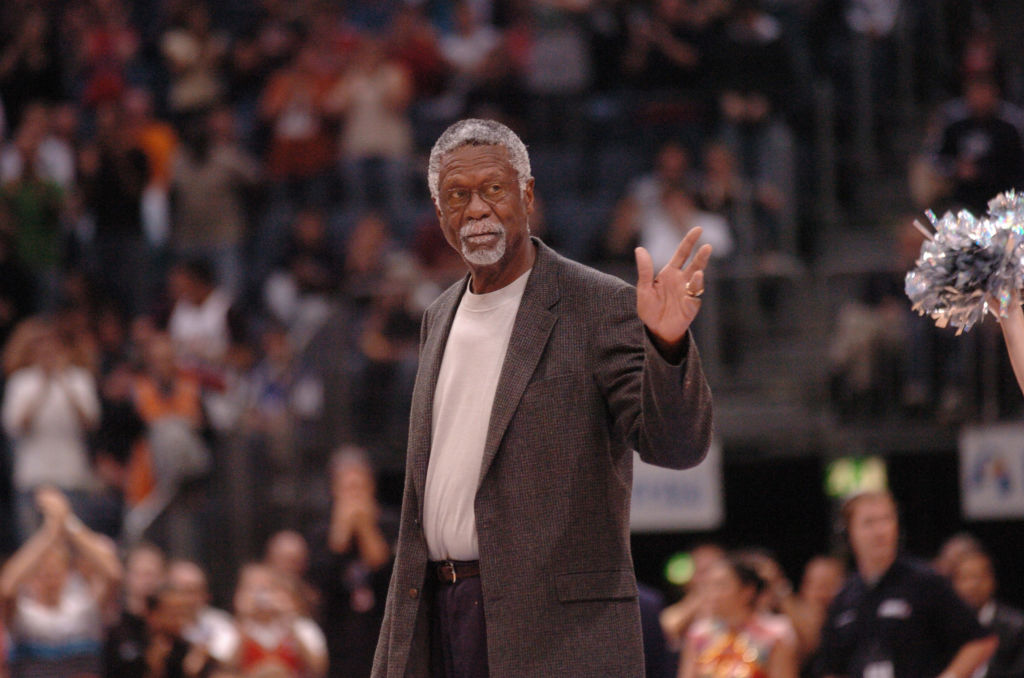Bill Russell's legacy
The brilliant team player who backed down to no one, on and off the court


A free daily email with the biggest news stories of the day – and the best features from TheWeek.com
You are now subscribed
Your newsletter sign-up was successful
He would not "shut up and dribble." Bill Russell was the most dominant basketball player of his era, leading the Boston Celtics to 11 NBA championships. But his experience as a Black athlete in the 1950s and '60s was defined by Jim Crow segregation and vicious racial animosity, which he refused to swallow silently. In Boston, his own team's fans shouted "Go back to Africa" and called him a "baboon" and the N-word. When he and his family moved to a Boston suburb, bigots broke into his home, painted racial slurs on the walls, and defecated in his bed. On the road, he was denied service in hotels and restaurants. A man who radiated fierce dignity, Russell said he used this hatred "as energy to fuel me, to work myself into a rage, a rage I used to win." He also used it to fuel civil rights activism virtually unknown in athletes at the time. He called out the NBA for a tacit racial quota on teams. In 1961, he led a boycott of a game in Lexington, Kentucky, to protest a restaurant's refusal to serve several Black players.
Russell, who died this week at 88, continued his activism through his life, marching with Martin Luther King Jr., protesting the murder of civil rights activist Medgar Evers in Mississippi, creating an integrated basketball clinic for kids. Like Jackie Robinson, he had an outsize impact on society, and inspired generations of Black athletes to stand up against injustice. Why, some fans complained then and now, must Black players inject "politics" into sports? Can't the arena serve as an escape from the real world? Escaping ugly racial realities, however, is a luxury not available to those who must live with them. Black athletes and musicians, Russell once said, "are accepted as entertainers, but we are not accepted as people." His legacy is his insistence that he and other African-Americans be seen as persons, as equal human beings. On and off the court, Bill Russell would not be denied.
This is the editor's letter in the current issue of The Week magazine.
The Week
Escape your echo chamber. Get the facts behind the news, plus analysis from multiple perspectives.

Sign up for The Week's Free Newsletters
From our morning news briefing to a weekly Good News Newsletter, get the best of The Week delivered directly to your inbox.
From our morning news briefing to a weekly Good News Newsletter, get the best of The Week delivered directly to your inbox.
A free daily email with the biggest news stories of the day – and the best features from TheWeek.com
William Falk is editor-in-chief of The Week, and has held that role since the magazine's first issue in 2001. He has previously been a reporter, columnist, and editor at the Gannett Westchester Newspapers and at Newsday, where he was part of two reporting teams that won Pulitzer Prizes.
